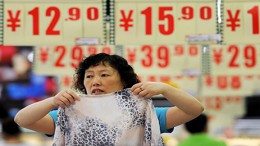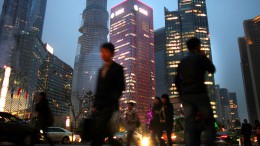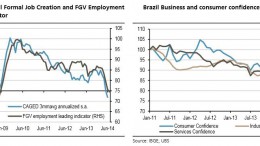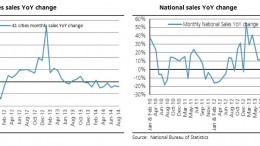Deng Xiaoping: A great legacy posing a great dilemma for China
Three decades after admired reformist leader Deng Xiaoping launched his experimental plan of economic reforms, the new Chinese president Xi Jinping is nowadays facing the exact same challenges (and pressures) than his revered comrade. Moreover, Mr Xi’s political survival depends on his ability to earn the trust of the masses and offer them real options for progress. He will have to find a way to do so without tamping the privileges of all those wealthy entrepreneurs who benefited from Mr Deng’s capitalist reforms.







